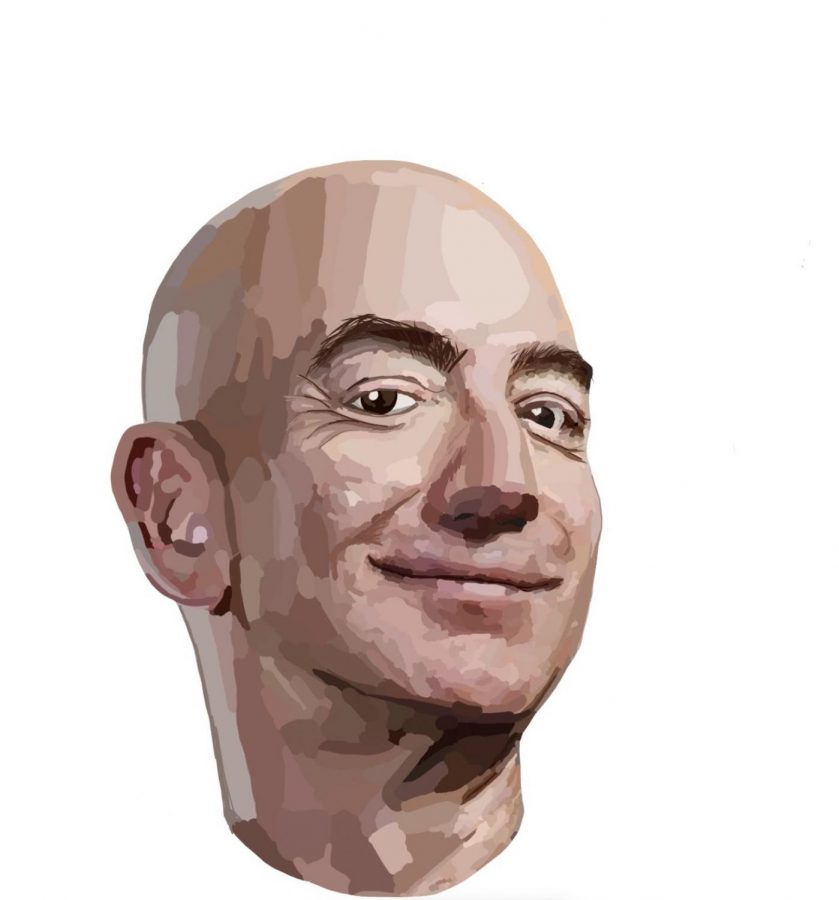Billionaires belong under a microscope
The world is watching.
April 27, 2020
Billionaires like Jeff Bezos, Mark Zuckerberg and Kylie Jenner have been criticized for their donation amounts to foundations and charities, which sparks controversial debates on social media. On one side of the argument, many find fault with critiquing billionaires’ donations. Some feel it’s wrong to pocket watch billionaires who worked hard for their money and are not obligated to donate their wealth away. On the other hand, people feel Bezos and other billionaires donate a very small fraction of their overall wealth and are obligated by a sense of moral integrity to donate amounts reflective of their net worth.
In political discourse, a common debate topic consists of analyzing the wealth disparity between the 1% versus the 99%. Many prominent politicians like Bernie Sanders and Elizabeth Warren often highlight this societal issue and have used their stance on the matter to promote policies that would attempt to lessen the wealth gap. The 1% versus 99% debate examines the ethics behind the richest 1% in America owning more wealth than the bottom 99% combined. The ethics of billionaires and the wealth gap disparity are not just a hot topic for hyper-critical young people on social media — it’s a systemic issue of American culture.
In 2018 and 2019, Amazon paid $0 in taxes. Additionally, Amazon workers across the country have often expressed frustration with poor working conditions and low pay. Jeff Bezos has a net worth of $168 billion, paid less in taxes than the average person the past two years and can’t be bothered to pay many of his workers a living wage. He doesn’t need sympathy from anyone. People’s need to protect billionaires from critique on the stance that billionaires are a representation of hard work is unnecessary and inaccurate. The top 1% are not in their position because they work harder than the bottom 99%; billionaires are billionaires through exploitation at the expense of laborers and consumers.
People’s valid and necessary critiques surrounding the questionable morals of Jeff Bezos and other billionaires is not hate or pocket watching. The public notices when billionaires announce minuscule donations relative to their net worth that require little effort and instead attempt to garner good publicity.
Additionally, some multi-billion-dollar companies may give donations to get exempted from paying taxes. I think it is admirable that young people are not idolizing extreme wealth. Instead, they are beginning to deconstruct wealth and privilege in America, looking at who has it and who doesn’t and why. Over the last decade, social media has become more political. Younger generations now use social media to discuss systematic issues as an outlet of expression in hopes of real change. As long as billionaires harbor more wealth than well over 75% of the country, people are more than in their right to analyze and critique the ethics behind billionaires’ donations.











